
Oxygen-18 Gas (O-18o2 gas form. ¹⁸O₂) Oxygen isotope (O-18o2)-Properties and Applications
Introduction to Oxygen-18 Gas (O-¹⁸O₂, O-18o2) Oxygen-18 (¹⁸O) is a stable isotope of oxygen with a nucleus containing 8 protons and 10 neutrons, giving it

Introduction to Oxygen-18 Gas (O-¹⁸O₂, O-18o2) Oxygen-18 (¹⁸O) is a stable isotope of oxygen with a nucleus containing 8 protons and 10 neutrons, giving it
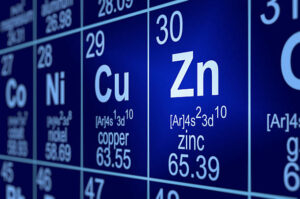
Introduction Zinc-68 (Zn-68) is a stable, non-radioactive isotope of zinc, accounting for approximately 18.8% of naturally occurring zinc. With 30 protons and 38 neutrons, Zn-68

Carbon-13 (C-13) Stable Isotope – Introduction Carbon-13 (C-13) is a stable, non-radioactive isotope of carbon that makes up about 1.1% of all naturally occurring carbon.

Introduction Magnesium-26 (Mg-26) is one of the stable isotopes of magnesium, comprising approximately 11% of naturally occurring magnesium. With 12 protons and 14 neutrons, Mg-26
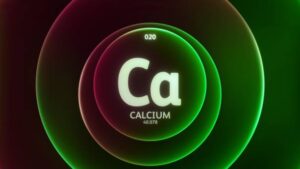
Calcium-44 (Ca-44) Stable Isotope – Introduction Calcium-44 (Ca-44) stands out as a highly valuable stable isotope. Its unique nuclear properties make it a critical starting

Introduction Helium-3 (³He) is a rare and irreplaceable isotope with unique properties that make it essential across multiple industries. Its low atomic mass, non-radioactivity, and
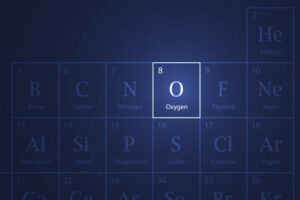
Introduction Oxygen-18 water (H₂¹⁸O) plays a vital and irreplaceable role. It serves as the essential starting material for producing fluorine-18 (¹⁸F), the key radionuclide used
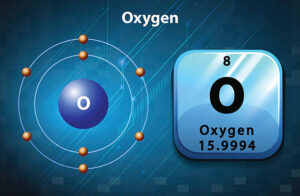
Introduction The Europe O-18 Stable Isotopes Market was valued at USD 0.04 billion in 2022 and is projected to reach approximately USD 0.09 billion by 2030, growing at
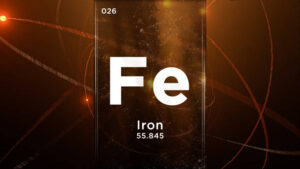
Introduction Iron-57 (Fe-57) is a stable, non-radioactive isotope of iron, widely used in scientific research due to its unique nuclear properties. Representing approximately 2.2% of
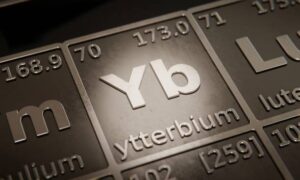
Introduction Ytterbium-176 (Yb-176) is a stable isotope of the rare-earth element ytterbium, characterized by its unique nuclear properties and significant applications in various scientific and
Pages